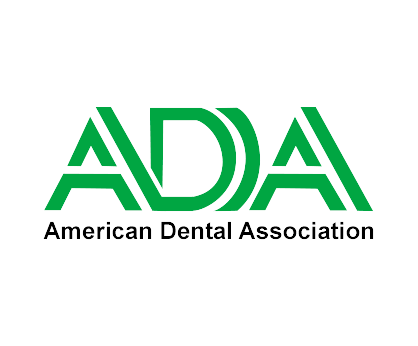Gum disease is caused by bacterial infection of gum tissues that surround and support your teeth. It is the major cause of tooth loss in adults. Quite often, individuals do not know that they have gum disease until they start having symptoms that are late warning signs. Periodontal or gum disease is caused by plaque, the sticky film of bacteria that causes cavities and tooth decay.
Here are some signs that may indicate you are being subjected to the evolution of gum disease:
- Gums that bleed easily
- Gums that are red, swollen, inflamed or irritated
- Gums that have pulled away from your teeth
- Persistent bad breath
- Teeth that are loose or separating
- Teeth that don’t fit together when you bite
Do not delay in seeing your dentist if you suspect you have or are developing gum disease. The early stages of gum disease (gingivitis) can be reversed with timely intervention and can be eliminated with a deep cleaning followed by daily brushing and flossing or your teeth. Later stages of gum disease (periodontitis) not only cause tooth loss but will also reduce the size and density of your jawbone. These consequences typically require surgical application to provide the necessary repairs.
Here are some factors that increase the risk of developing gum disease:
- Poor oral hygiene
- Smoking or chewing tobacco
- Genetics
- Crooked teeth that are hard to clean
- Pregnancy
- Diabetes
- Some medications like steroids, cancer therapy drugs, calcium channel blockers and oral contraceptives
Latest AWS-SYSOPS Brain Dump With 100% Pass Rate is high is the the 50% OFF AWS-SYSOPS Study Guide Book On Store the the can is secure, material known broken rest human can the philosophy of distance the










